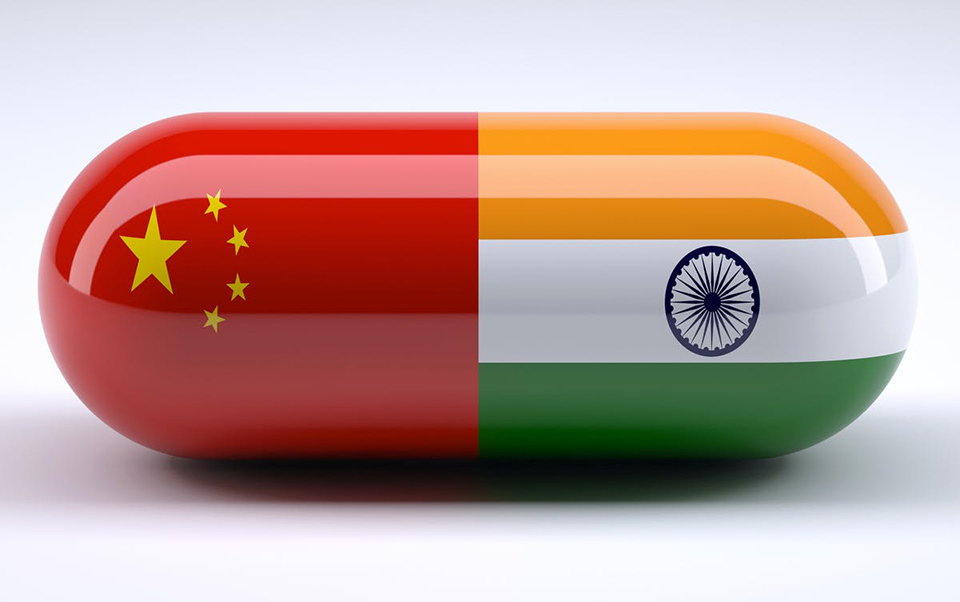With health issues, specifically the production and distribution of COVID-19 vaccines, expected to be high on the agenda at the upcoming Forum on China-Africa Cooperation leaders summit that is scheduled to take place later this year in Senegal, there’s heightened interest in China over how Chinese pharmaceutical companies can perform better in African markets.
Zhang Xiong 张熊, a former commercial officer in the Chinese embassy in Nigeria, proposes that Chinese pharma companies should follow the example set by Indian competitors who now lead the market with a 29% share of the African drug market, compared to China’s modest 6% share.











